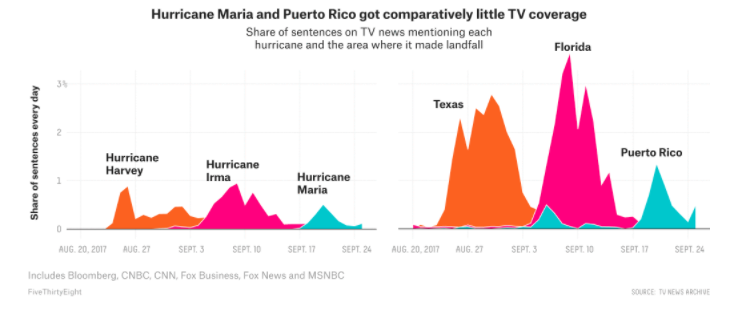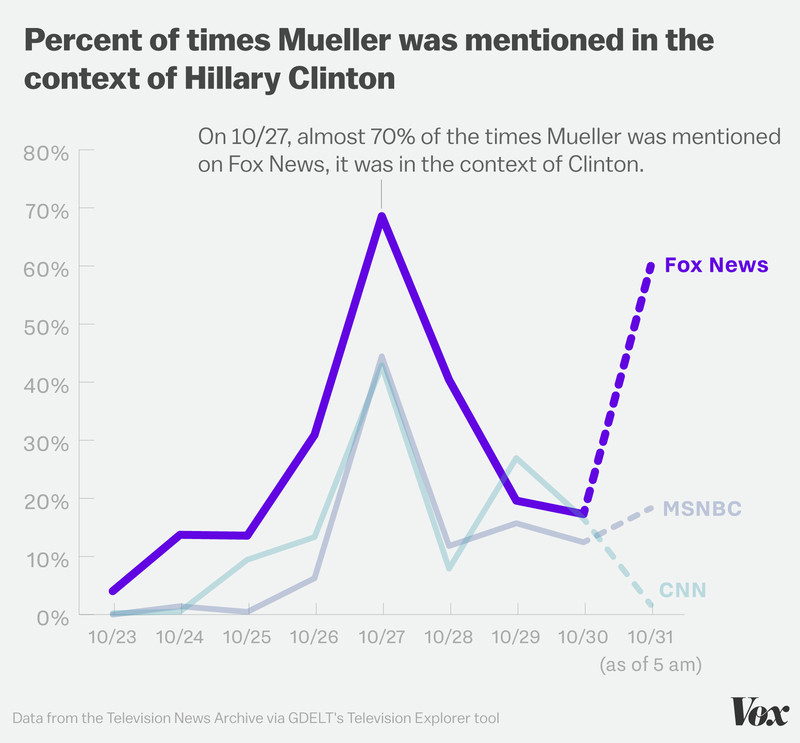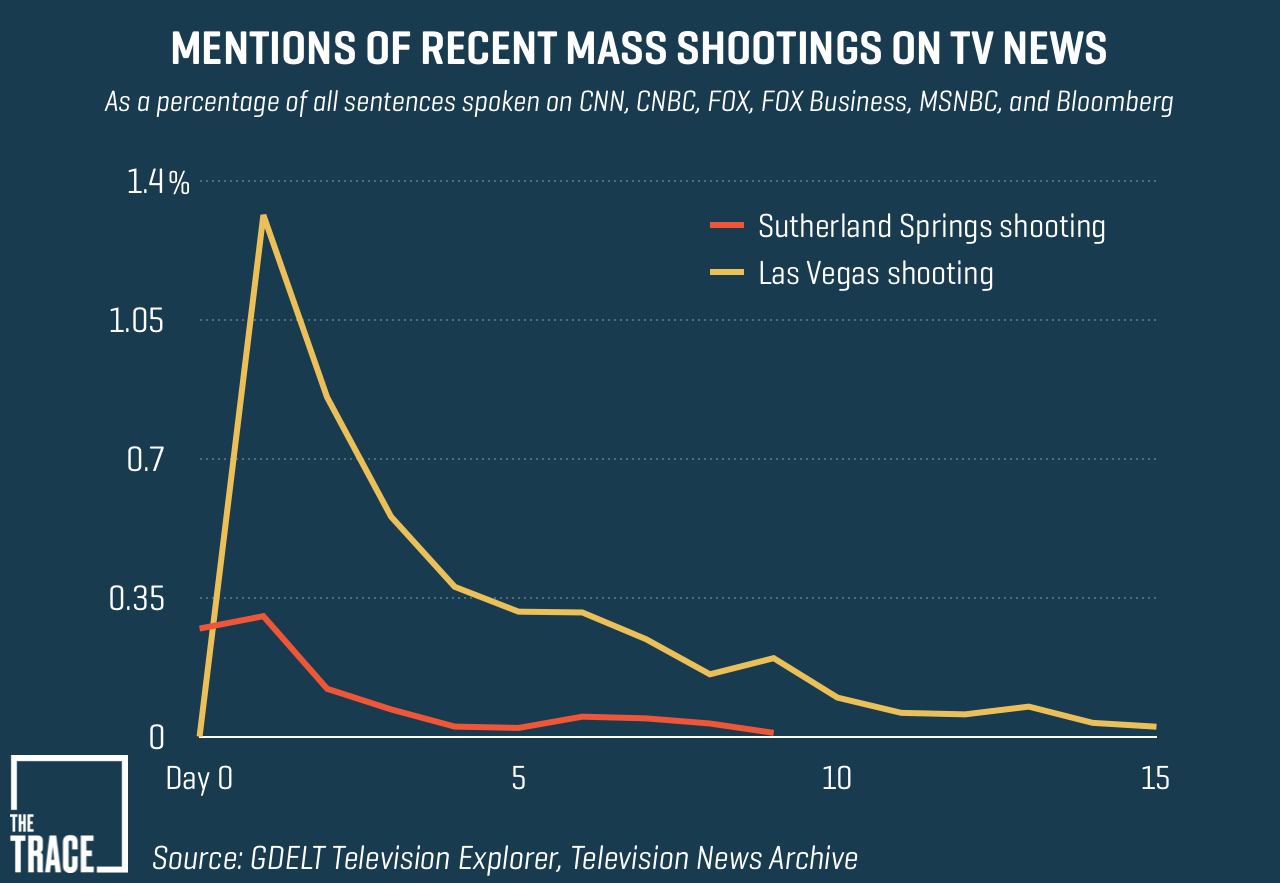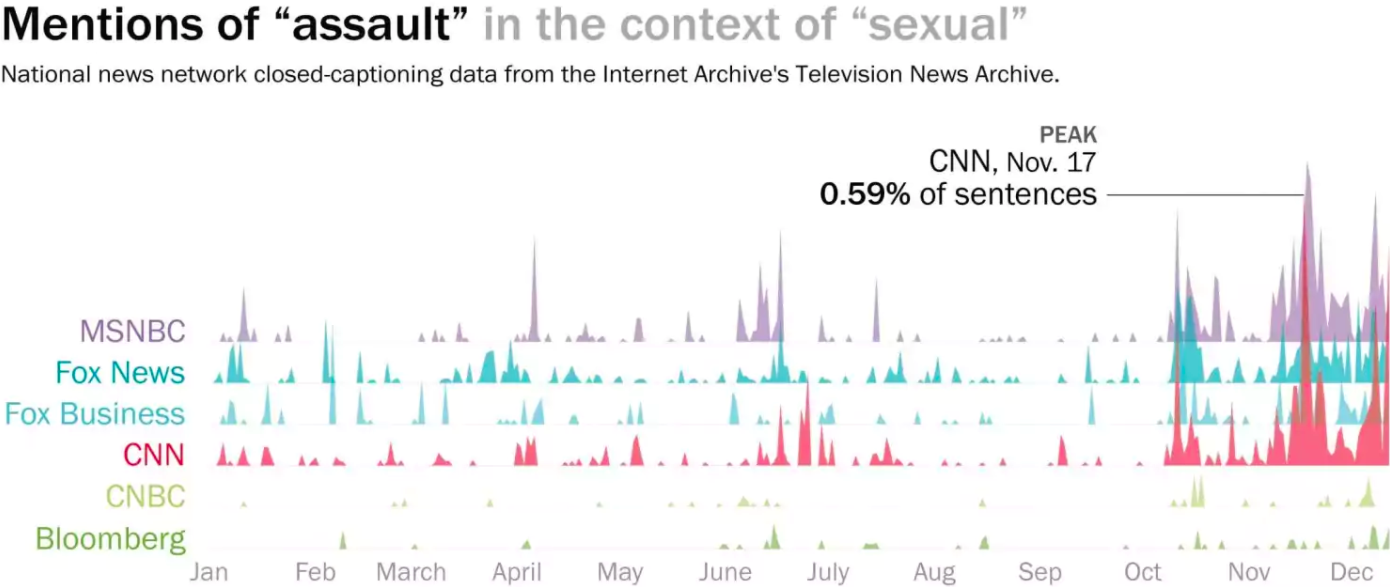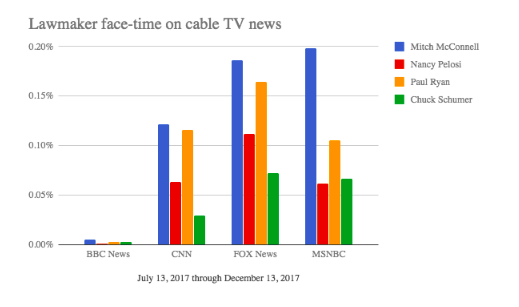A weekly round up on what’s happening and what we’re seeing at the TV News Archive by Katie Dahl and Nancy Watzman. Additional research by Robin Chin.
Last week, Sean Spicer left his White House post and Anthony Scaramucci, the new communications director, made his mark; Sen. John McCain, R., Ariz., returned to the Senate floor to debate–and cast a deciding vote on–health care reform; and fact-checkers examined claims about Trump’s off-the-record meeting with Russian President Vladimir Putin, and more.
McCain shows up in D.C. – and on Face-O-Matic
Last week, after we launched Face-O-Matic, an experimental Slack app that recognizes the faces of top public officials when they appear on TV news, we received a request from an Arizona-based journalism organization to track Sen. John McCain, R., Ariz.. Soon after we added the senator’s visage to Face-O-Matic, we started getting the alerts.
News anchors talked about how McCain’s possible absence because of his brain cancer diagnosis could affect upcoming debates and votes on health care.
Reporters gave background on how the Senate has dealt with absences due to illness in the past.
Pundits discussed McCain’s character, and his daughter provided a “loving portrait.” Then coverage shifted to report the senator’s return to Washington, and late last night his key no vote on the “skinny” health care repeal.
White House: Spicer out, Scaramucci in
After Sean Spicer resigned as White House communications director, Fox News and MSNBC offered reviews of his time at the podium.
On Fox News, Howard Kurtz introduced Spicer as someone “long known to reporters as an affable spokesman; he became the president’s pit bull,” and went on to give a run-down of his controversial relationship with the press. The conclusion, “He lasted exactly, six months.”
MSNBC offered a mashup of some of Spicer’s most famous statements. These include: “This was the largest audience to ever witness an inauguration, period, both in person and around the globe,” and “But you had a – you know, someone who is as despicable as Hitler who didn’t even sink to using chemical weapons.”
Late this week, Ryan Lizza published an article in The New Yorker based on a phone call he received from the new White House communications director, Anthony Scaramucci, in which the new White House communications director used profanity to describe other members of the White House staff he accused of leaking information. That article soon became fodder for cable TV.
Schumer, Ryan weigh in on Mueller
As Special Counsel Robert Mueller widens his investigation into Russian interference in U.S. elections, speculation is running high on TV news that President Donald Trump might fire him.
Fox News ran a clip of Senate Minority Leader Chuck Schumer, D., NY., saying, “I think it would cause a cataclysm in Washington.”
MSNBC ran a radio clip from House Speaker Paul Ryan, R., Wis.: “I don’t think many people are saying Bob Mueller is a person who is a biased partisan. We have an investigation in the House, an investigation in the Senate, and a special counsel which sort of depoliticizes this stuff and gets it out of the political theater.”
Fact-check: Transgender people in the military would lead to tremendous medical costs and disruption (lacks context)
In a series of tweets this week, President Trump wrote, “After consultation with my Generals and military experts, please be advised that the United States Government will not accept or allow… Transgender individuals to serve in any capacity in the U.S. Military. Our military must be focused on decisive and overwhelming… victory and cannot be burdened with the tremendous medical costs and disruption that transgender in the military would entail. Thank you.”
For FactCheck.org, Eugene Kiely reported, “Although Trump described the cost as ‘tremendous,’ RAND estimated that providing transition-related health care would increase the military’s health care costs for active-duty members ‘by between $2.4 million and $8.4 million annually.’ That represents an increase of no more than 0.13 percent of the $6.27 billion spent on the health of active-duty members in fiscal 2014.”
Fact Check: Nixon held meetings with heads of state without an American interpreter (true)
Speaking on “The Rachel Maddow Show,” Ian Bremmer, president of the Eurasia Group, said: “Apparently, President Nixon used to do it because he felt, didn’t really trust the State Department, at that point, providing the translators and didn’t necessarily want information getting out, leaking, that he would want to keep private.”
“True,” wrote Joshua Gillan for PolitiFact: “Presidential historians, historical accounts and Nixon’s own memoir show this was the case. But it’s notable that even in the example most comparable to Trump’s meeting with Putin, when Nixon used only a Soviet translator during two meetings with Brezhnev, official records of the meeting exist.”
Fact-check: Allowing insurers to sell plans across state lines will mean premiums go down 60-70% (no evidence)
Not long before the Senate took up health care reform, President Donald Trump said “We’re putting it [allowing insurers to sell plans across state lines] in a popular bill, and that will come. And that will come, and your premiums will be down 60 and 70 percent.”
FactCheck.org’s Lori Robertson reported the “National Association of Insurance Commissioners — a support organization established by the country’s state insurance regulators — said the idea that cross-state sales would bring about lower premiums was a ‘myth.’”
Fact-Check: When the price for oil goes up, it goes up, and never goes down (false)
In an interview Sunday about the new Democratic Party national agenda, Senate Minority Leader Chuck Schumer, D., N.Y., said, “We have these huge companies buying up other big companies. It hurts workers and it hurts prices. The old Adam Smith idea of competition, it’s gone. So people hate it when their cable bills go up, their airline fees. They know that gas prices are sticky. You know … when the price for oil goes up on the markets, it goes right up, but it never goes down.”
For PolitiFact, Louis Jacobson reported, “This comment takes a well-known phenomenon and exaggerates it beyond recognition. While experts agree that prices tend to go up quickly after a market shock but usually come down more slowly once the shock is resolved, this phenomenon only occurs on a short-term basis – a couple of weeks in most cases.”
To receive the TV News Archive’s email newsletter, subscribe here.

